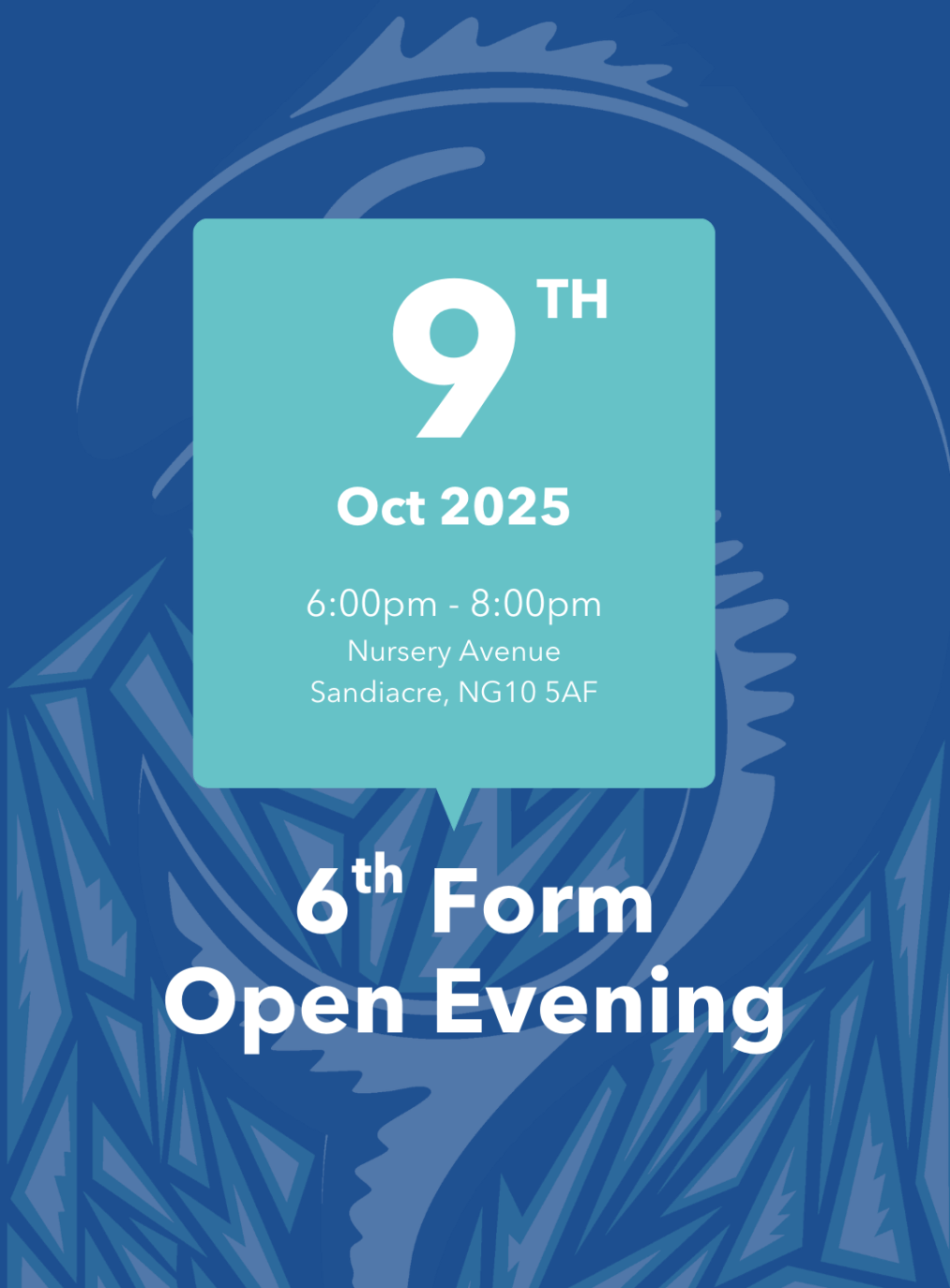Information Technology Summary
Studying Information Technology (IT) at BTEC Level 3 offers a promising choice for various reasons. The field’s high demand across industries underscores its employability, leading to diverse career options like IT support, cybersecurity, networking, and more. BTEC Level 3 IT courses provide a hands-on learning approach, enabling practical experience with cutting-edge technologies. Moreover, this qualification facilitates career progression towards higher education or certifications, opening pathways to roles in web development, networking, and cybersecurity.
The program’s diverse curriculum encompasses databases, web development, and social media use in business, while the broad spectrum of IT specialisations, ranging from programming to data analytics, can be explored through the variety of modules available.


